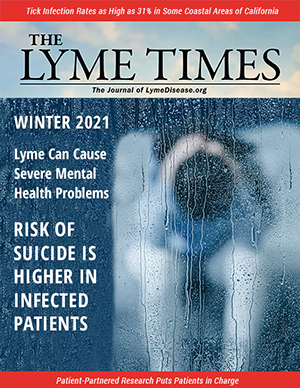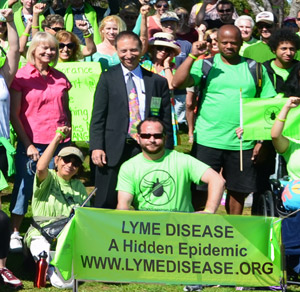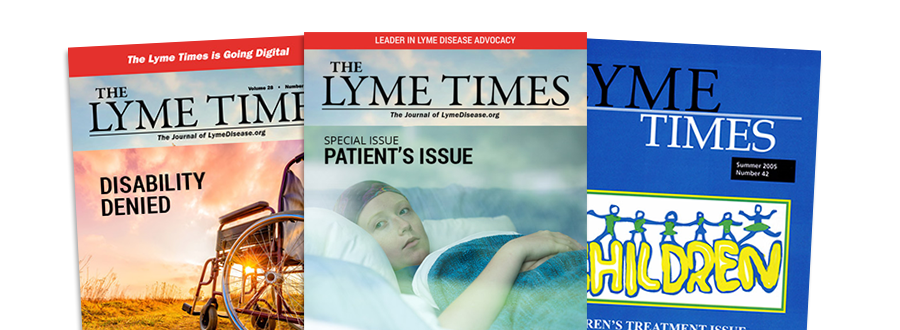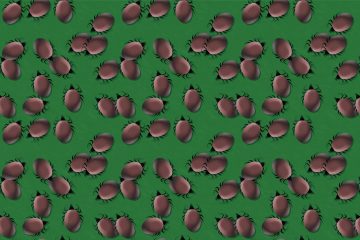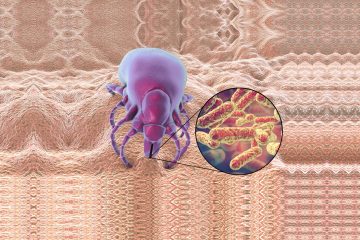 V enturing out in nature can introduce us to a silent adversary: ticks. These minuscule entities are more than mere irritants. They carry the potential to transmit a myriad of infections, each bearing its own set of challenges.
V enturing out in nature can introduce us to a silent adversary: ticks. These minuscule entities are more than mere irritants. They carry the potential to transmit a myriad of infections, each bearing its own set of challenges.
One may not think knowledge of these diseases is needed for psychotherapy, but we are sometimes best positioned to notice the more subtle psychiatric presentations, and the danger of undertreatment can amplify the risks and lead to debilitating long-term consequences.
The psychiatric manifestations of Lyme disease, one of the most common tick-borne illnesses, can be both profound and diverse. Clients may experience cognitive impairments, mood disturbances, and even severe psychiatric disorders.
Lyme can even trigger episodes resembling panic disorder, severe depression, bipolar disorder, and anxiety disorders. Sleep disturbances and fatigue further exacerbate the individual’s distress, including a higher correlation to death by suicide.
Moreover, these symptoms often blur the lines between neurological and psychiatric domains. For instance, a patient may present with memory lapses, difficulty concentrating, or even obsessive-compulsive tendencies……….Join or login below to continue reading.












